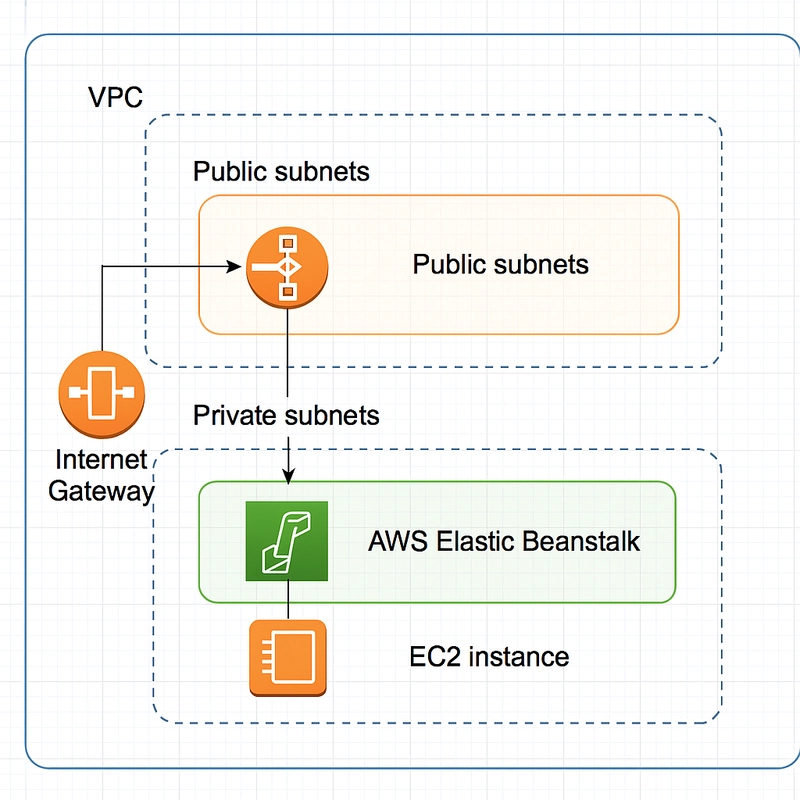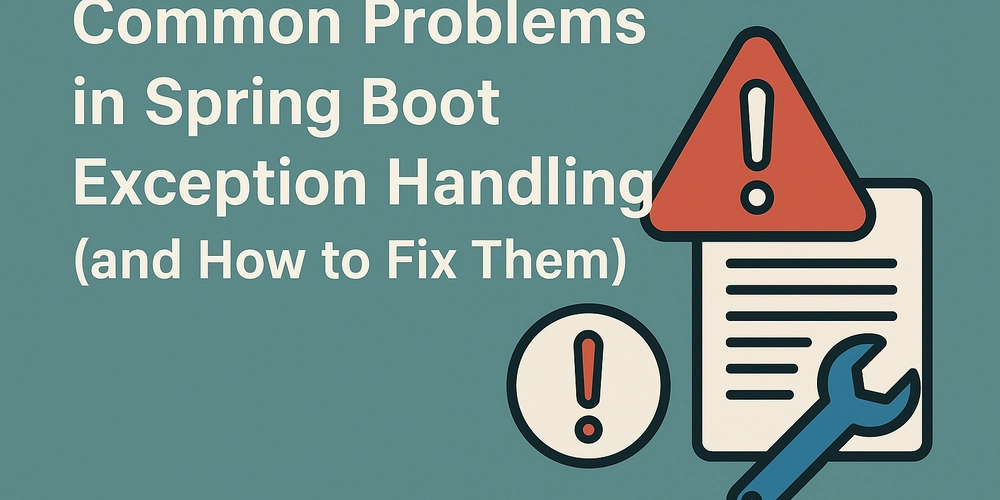The Role of AI in Virtual Documentation: Efficiency & Accuracy
Technology is changing the way documentation is handled in various industries. Artificial intelligence (AI) is making virtual documentation faster and more accurate. AI helps professionals manage records, reduce errors, and improve efficiency. One field benefiting from AI is healthcare. A remote clinical documentation specialist plays a crucial role in keeping patient records accurate. AI is now helping these specialists work more effectively. What is AI in Virtual Documentation? AI in virtual documentation refers to using intelligent systems to record, process, and manage data. AI tools can transcribe speech, organize documents, and detect errors. These tools save time and reduce mistakes. How AI Improves Efficiency in Virtual Documentation AI offers several benefits that improve efficiency. Here are some ways AI is making documentation faster and easier: 1. Automated Transcription AI-powered transcription tools convert speech into text in real-time. This is useful in healthcare, legal, and business settings. Doctors can speak during patient visits, and AI records the details. AI speeds up note-taking and eliminates manual writing. 2. Smart Data Organization AI helps organize large amounts of data automatically. It sorts, categorizes, and tags files for easy access. AI can quickly find patient histories for a remote clinical documentation specialist. In businesses, AI sorts contracts, reports, and emails. 3. Faster Document Processing AI reduces the time needed to review and process documents. Automated systems scan and verify documents quickly. AI eliminates the need for manual proofreading. 4. Voice Recognition and Command Features AI understands voice commands, making it easier to handle documentation hands-free. Doctors can dictate patient notes while AI transcribes them. Professionals can edit and format documents using voice commands. How AI Improves Accuracy in Virtual Documentation Errors in documentation can lead to serious problems. AI helps reduce mistakes and improve accuracy in the following ways: 1. Error Detection and Correction AI tools automatically detect and correct errors in documents. Spelling and grammar mistakes are fixed instantly. AI identifies missing or incorrect information in patient records. 2. Standardized Formatting AI ensures documents follow the correct format and structure. Legal contracts are structured correctly. Patient records remain consistent and clear. 3. Data Validation AI checks the accuracy of data before finalizing a document. In healthcare, AI verifies medical codes and terms. Businesses use AI to check financial and legal documents. 4. Reduced Human Error AI reduces the risk of mistakes caused by human fatigue or oversight. AI does not get tired, so it maintains accuracy. Automated documentation reduces misinterpretation and missing details. The Role of AI in Healthcare Documentation Healthcare documentation must be precise. A remote clinical documentation specialist ensures medical records are accurate. AI is helping in several ways: Faster patient record updates: AI updates medical records in real-time. Accurate medical transcription: AI reduces errors in patient notes. Improved compliance: AI helps follow healthcare regulations and standards. Efficient medical coding: AI assists in applying the correct medical codes. AI allows healthcare professionals to focus more on patient care instead of paperwork. Challenges of AI in Virtual Documentation Despite its benefits, AI faces some challenges: 1. Data Privacy Concerns AI handles sensitive information, so security is a top priority. Strong encryption is needed to protect patient and business records. Companies must follow privacy laws and regulations. 2. Initial Costs AI software and tools require investment. Small businesses and hospitals may find AI systems expensive at first. Over time, AI saves money by improving efficiency. 3. Need for Human Oversight AI is smart but still needs human review. Professionals must check AI-generated documents for accuracy. AI works best as a tool alongside human expertise. Future of AI in Virtual Documentation AI will continue to improve virtual documentation. In the future, we can expect: More advanced AI tools that understand complex medical and legal terms. Increased automation, reducing manual work further. Better AI accuracy, minimizing errors completely. Improved integration with existing systems for seamless workflow. As AI evolves, industries will rely more on these tools to handle documentation efficiently. Conclusion AI is transforming virtual documentation by increasing efficiency and accuracy. It helps professionals work faster and with fewer mistakes. For a remote clinical documentation specialist, AI simpli


Technology is changing the way documentation is handled in various industries. Artificial intelligence (AI) is making virtual documentation faster and more accurate. AI helps professionals manage records, reduce errors, and improve efficiency.
One field benefiting from AI is healthcare. A remote clinical documentation specialist plays a crucial role in keeping patient records accurate. AI is now helping these specialists work more effectively.
What is AI in Virtual Documentation?
AI in virtual documentation refers to using intelligent systems to record, process, and manage data. AI tools can transcribe speech, organize documents, and detect errors. These tools save time and reduce mistakes.
How AI Improves Efficiency in Virtual Documentation
AI offers several benefits that improve efficiency. Here are some ways AI is making documentation faster and easier:
1. Automated Transcription
AI-powered transcription tools convert speech into text in real-time. This is useful in healthcare, legal, and business settings.
Doctors can speak during patient visits, and AI records the details.
AI speeds up note-taking and eliminates manual writing.
2. Smart Data Organization
AI helps organize large amounts of data automatically. It sorts, categorizes, and tags files for easy access.
AI can quickly find patient histories for a remote clinical documentation specialist.
In businesses, AI sorts contracts, reports, and emails.
3. Faster Document Processing
AI reduces the time needed to review and process documents.
Automated systems scan and verify documents quickly.
AI eliminates the need for manual proofreading.
4. Voice Recognition and Command Features
AI understands voice commands, making it easier to handle documentation hands-free.
Doctors can dictate patient notes while AI transcribes them.
Professionals can edit and format documents using voice commands.
How AI Improves Accuracy in Virtual Documentation
Errors in documentation can lead to serious problems. AI helps reduce mistakes and improve accuracy in the following ways:
1. Error Detection and Correction
AI tools automatically detect and correct errors in documents.
Spelling and grammar mistakes are fixed instantly.
AI identifies missing or incorrect information in patient records.
2. Standardized Formatting
AI ensures documents follow the correct format and structure.
Legal contracts are structured correctly.
Patient records remain consistent and clear.
3. Data Validation
AI checks the accuracy of data before finalizing a document.
In healthcare, AI verifies medical codes and terms.
Businesses use AI to check financial and legal documents.
4. Reduced Human Error
AI reduces the risk of mistakes caused by human fatigue or oversight.
AI does not get tired, so it maintains accuracy.
Automated documentation reduces misinterpretation and missing details.
The Role of AI in Healthcare Documentation
Healthcare documentation must be precise. A remote clinical documentation specialist ensures medical records are accurate. AI is helping in several ways:
Faster patient record updates: AI updates medical records in real-time.
Accurate medical transcription: AI reduces errors in patient notes.
Improved compliance: AI helps follow healthcare regulations and standards.
Efficient medical coding: AI assists in applying the correct medical codes.
AI allows healthcare professionals to focus more on patient care instead of paperwork.
Challenges of AI in Virtual Documentation
Despite its benefits, AI faces some challenges:
1. Data Privacy Concerns
AI handles sensitive information, so security is a top priority.
Strong encryption is needed to protect patient and business records.
Companies must follow privacy laws and regulations.
2. Initial Costs
AI software and tools require investment.
Small businesses and hospitals may find AI systems expensive at first.
Over time, AI saves money by improving efficiency.
3. Need for Human Oversight
AI is smart but still needs human review.
Professionals must check AI-generated documents for accuracy.
AI works best as a tool alongside human expertise.
Future of AI in Virtual Documentation
AI will continue to improve virtual documentation. In the future, we can expect:
More advanced AI tools that understand complex medical and legal terms.
Increased automation, reducing manual work further.
Better AI accuracy, minimizing errors completely.
Improved integration with existing systems for seamless workflow.
As AI evolves, industries will rely more on these tools to handle documentation efficiently.
Conclusion
AI is transforming virtual documentation by increasing efficiency and accuracy. It helps professionals work faster and with fewer mistakes. For a remote clinical documentation specialist, AI simplifies medical record-keeping.
Despite some challenges, AI will continue to play a vital role in virtual documentation. Businesses and healthcare facilities that adopt AI will benefit from better productivity and accuracy.
FAQs
1. What is a remote clinical documentation specialist?
A remote clinical documentation specialist manages medical records and ensures accuracy while working remotely.
2. How does AI help in virtual documentation?
AI automates transcription, detects errors, organizes data, and speeds up document processing.
3. Can AI replace human documentation specialists?
No, AI supports documentation specialists but still requires human oversight for accuracy.
4. Is AI in virtual documentation secure?
Yes, but it requires strong encryption and compliance with privacy laws.
5. How will AI impact the future of documentation?
AI will continue improving efficiency, reducing errors, and making documentation faster and more accurate.
tags:











































































































































































![[The AI Show Episode 142]: ChatGPT’s New Image Generator, Studio Ghibli Craze and Backlash, Gemini 2.5, OpenAI Academy, 4o Updates, Vibe Marketing & xAI Acquires X](https://www.marketingaiinstitute.com/hubfs/ep%20142%20cover.png)




























































































































![[DEALS] The Premium Learn to Code Certification Bundle (97% off) & Other Deals Up To 98% Off – Offers End Soon!](https://www.javacodegeeks.com/wp-content/uploads/2012/12/jcg-logo.jpg)


![From drop-out to software architect with Jason Lengstorf [Podcast #167]](https://cdn.hashnode.com/res/hashnode/image/upload/v1743796461357/f3d19cd7-e6f5-4d7c-8bfc-eb974bc8da68.png?#)








































































































.png?#)

































_Christophe_Coat_Alamy.jpg?#)
 (1).webp?#)





































































































![Apple Considers Delaying Smart Home Hub Until 2026 [Gurman]](https://www.iclarified.com/images/news/96946/96946/96946-640.jpg)
![iPhone 17 Pro Won't Feature Two-Toned Back [Gurman]](https://www.iclarified.com/images/news/96944/96944/96944-640.jpg)
![Tariffs Threaten Apple's $999 iPhone Price Point in the U.S. [Gurman]](https://www.iclarified.com/images/news/96943/96943/96943-640.jpg)




































































































































